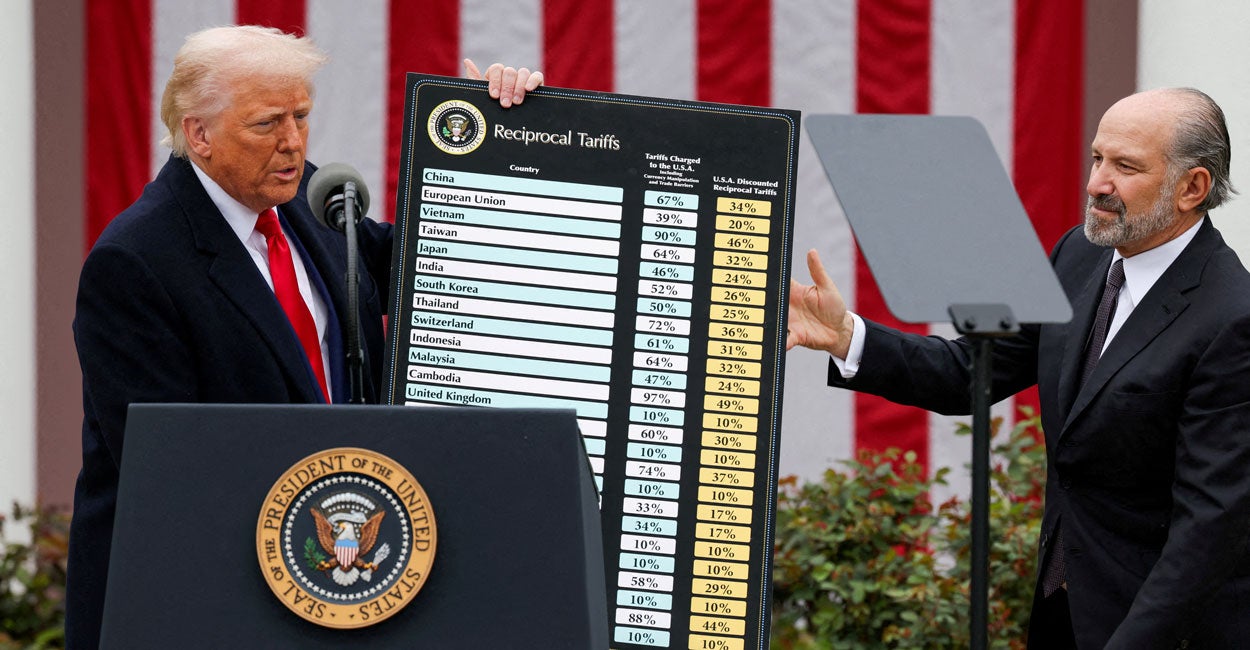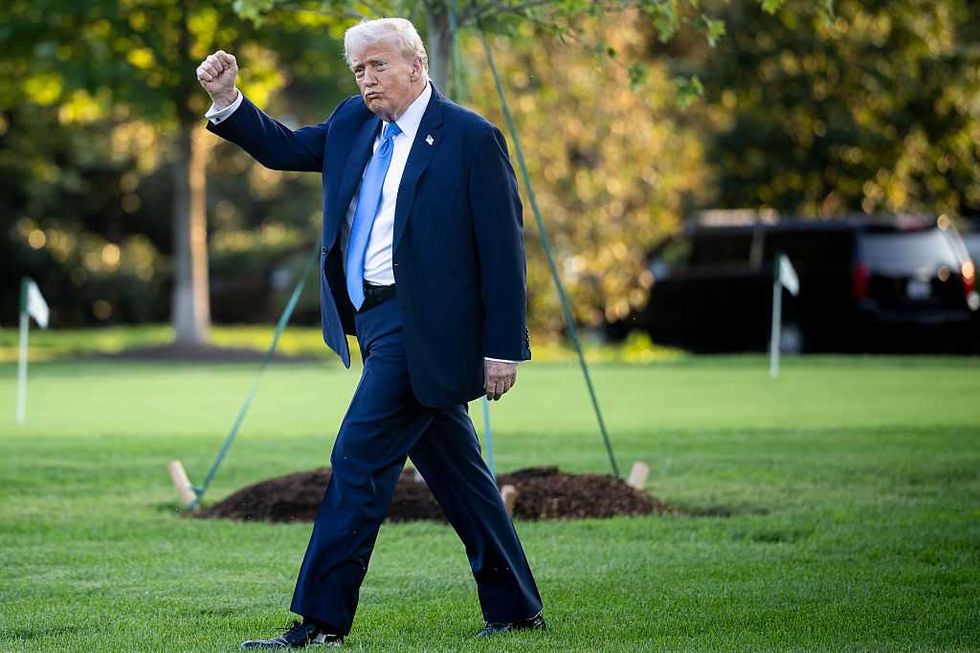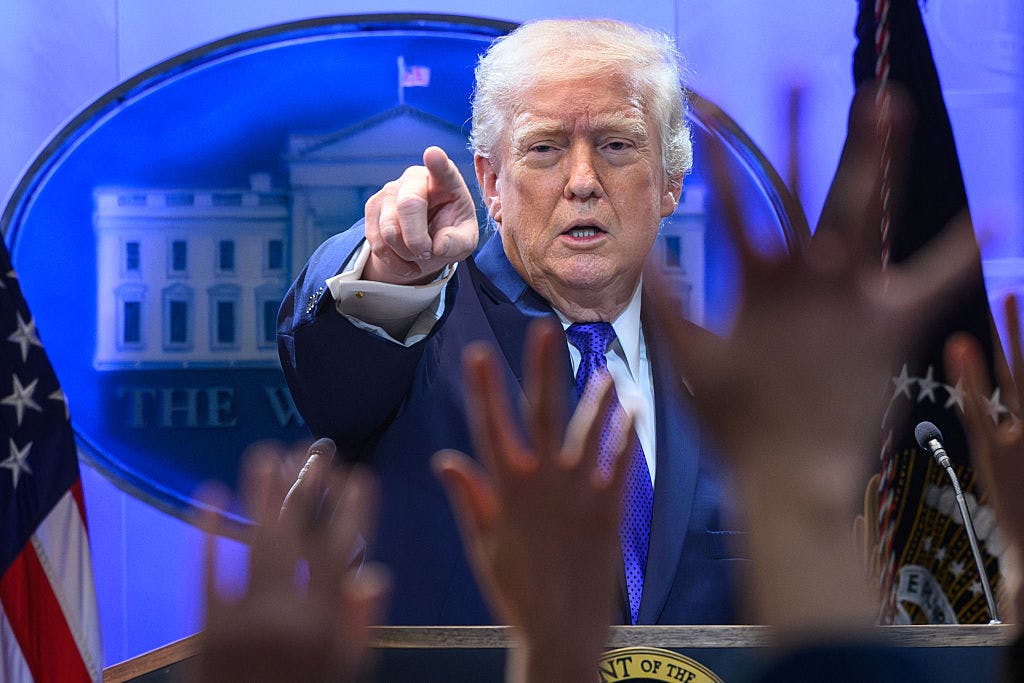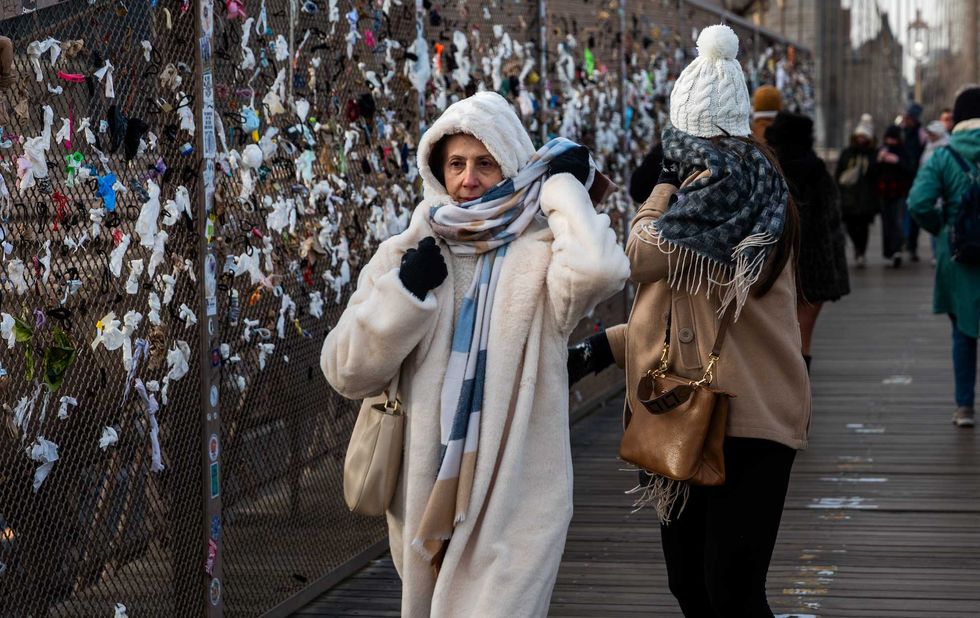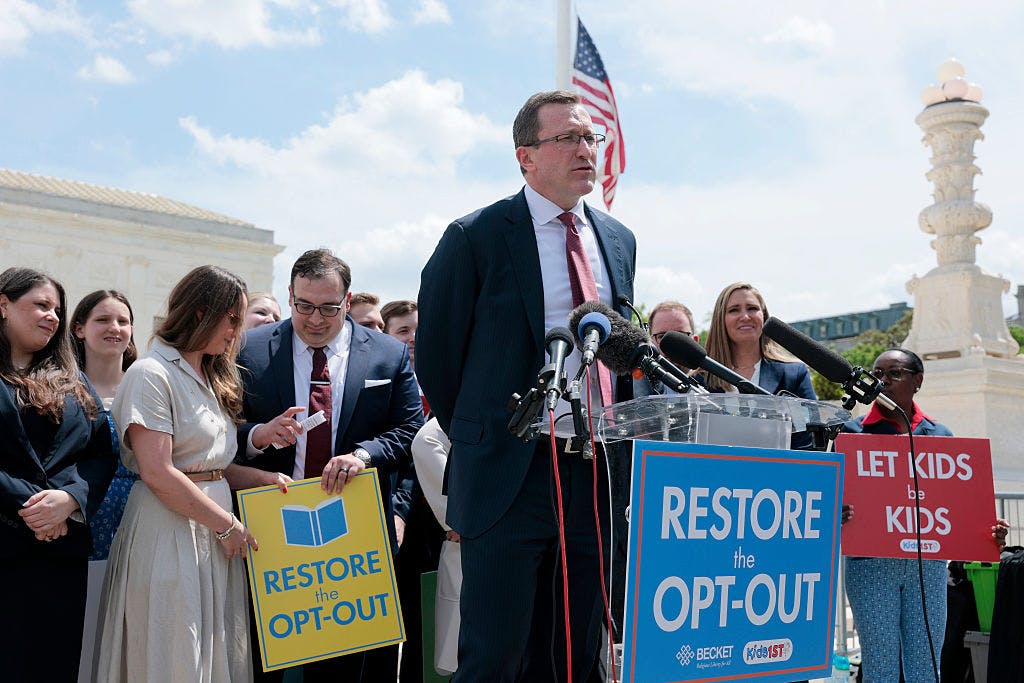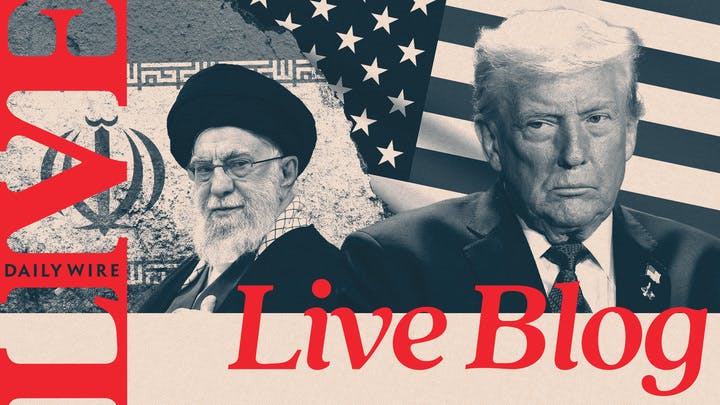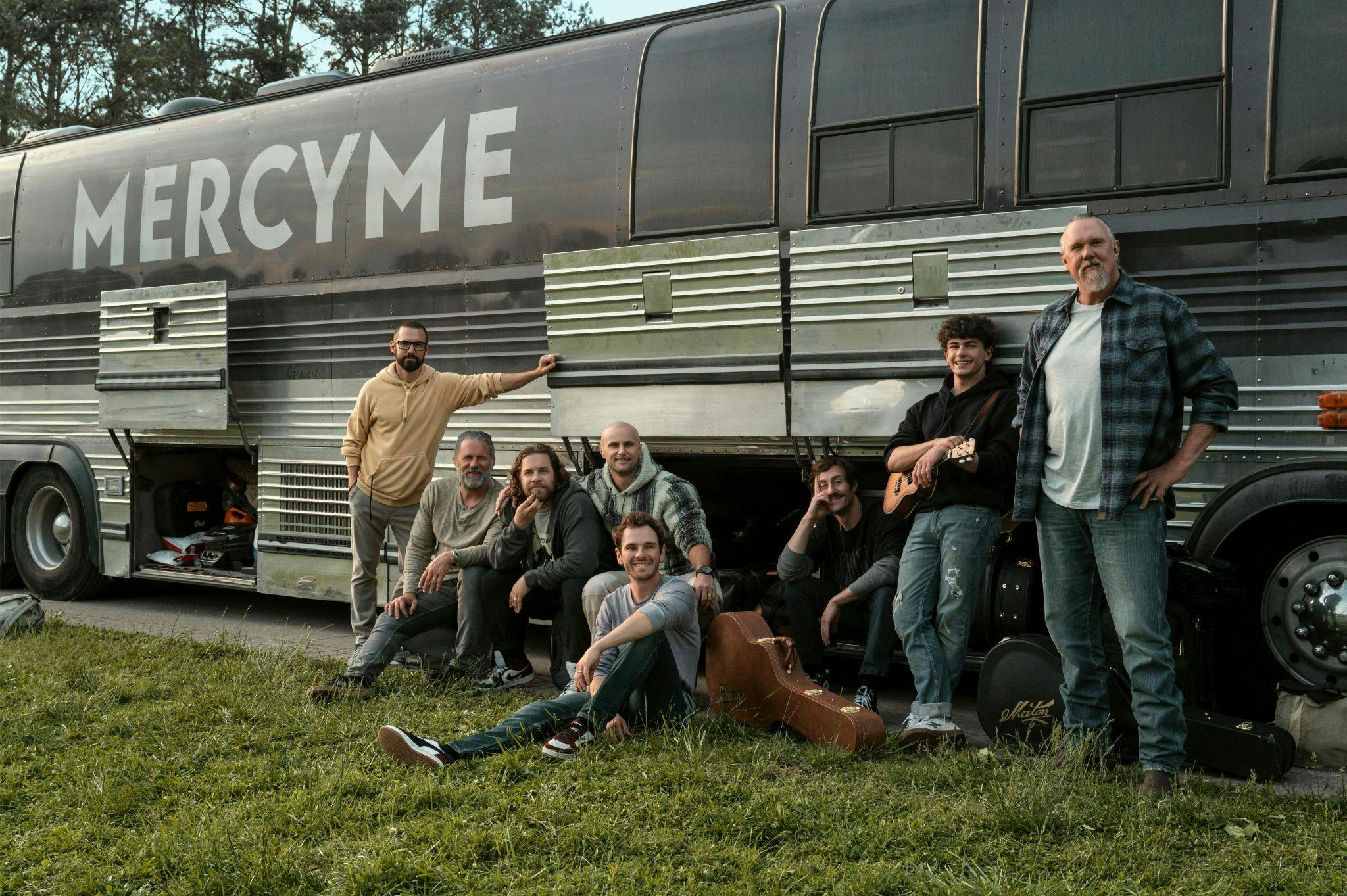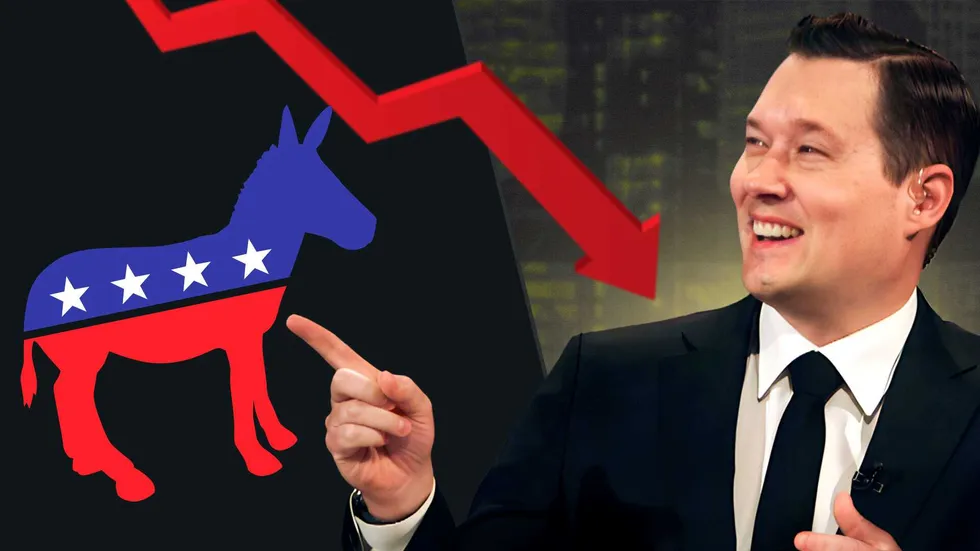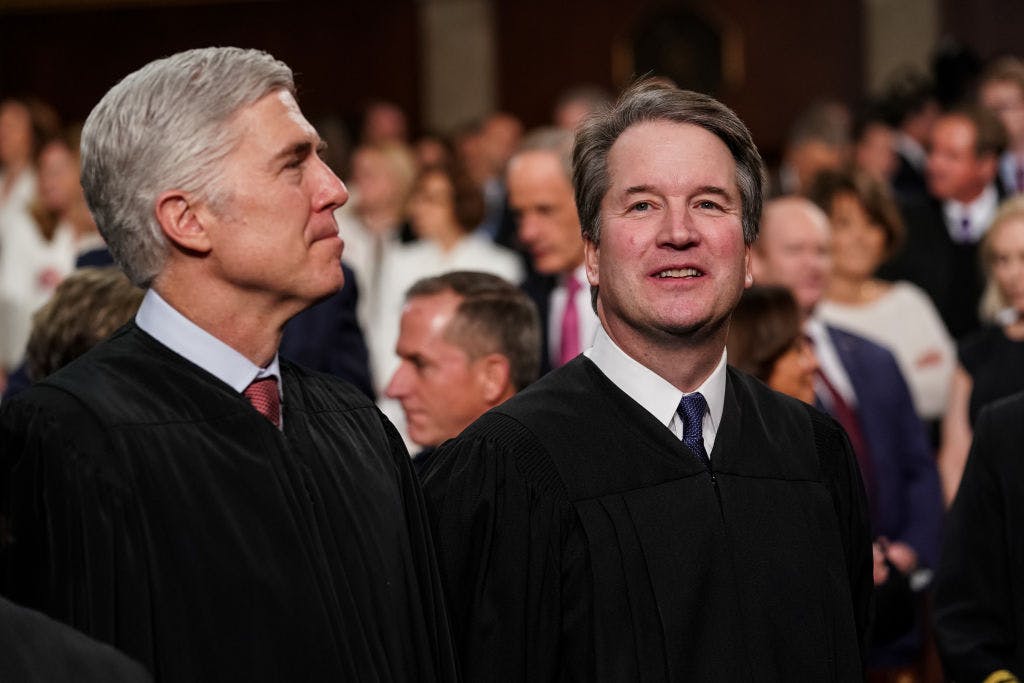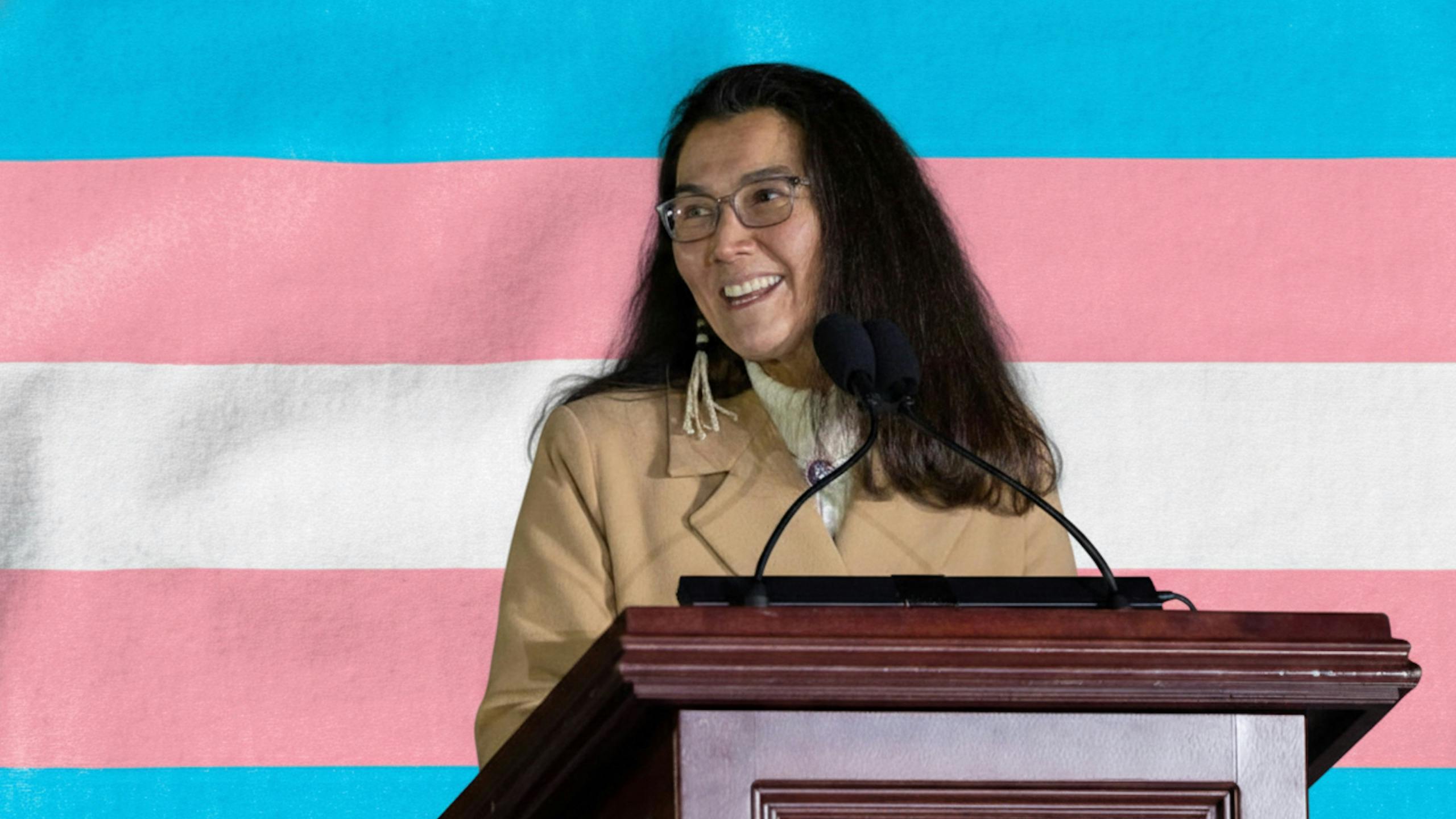Student Journalists Promote Truth and Objectivity Amid Troubling American Campus Culture

The culture of free speech and open discourse on America’s college campuses has shifted dramatically in recent years, with 2024’s pro-Palestine nationwide campus protests and the election of President Donald Trump being two prominent flashpoints.
Live Your Best Retirement
Fun • Funds • Fitness • Freedom
The protests, which were often marked by acts of antisemitism against Jewish students, brought increased attention to the anti-free speech climate taking root at elite American colleges. The responses of student groups, faculty, and administrators to the protests revealed that many colleges have abandoned their traditional role as the foundation for the open exchange of ideas, honest debate, and tolerance for dissenting views in our society.
In response to these troubling trends, the Trump administration has aggressively sought to weed out campus policies that stifle free speech or discriminate against students. More than 60 colleges have faced Department of Education investigations for allegedly allowing antisemitic harassment. The administration has also frozen federal funding to prominent universities and reached negotiated settlements with others (like Columbia University) over allegations of political bias and unfair diversity, equity, and inclusion policies. One hopes that this push for accountability will promote a culture change in favor of free speech on campus.
Despite these efforts, a new study by the Foundation for Individual Rights and Expression, which surveyed 68,510 students across 257 colleges and universities this year, confirms that the culture of free expression on campus remains bleak.
Fifty-two percent of students surveyed said they are uncomfortable expressing their views on a controversial political topic during a class discussion, while 66% voiced discomfort doing so on social media. Shockingly, more than 1 in 3 students report regularly hiding their political beliefs from professors in search of better grades. And 34% say violence is an acceptable tactic to stop a controversial public speaker from appearing on campus. The recent assassination of Charlie Kirk is a horrific reflection of this attitude.
While these symptoms of free speech’s sorry state on campus remain clear to see, the causes of the malady itself have become deliberately obscured. Simply put, in the wake of the federal government’s crackdown on schools, many faculty and administrators have become more circumspect about touting their anti-speech policies in obvious ways. Ironically, anti-speech behavior has gone quiet and underground, making it more insidious and harder for outsiders to bring it to light without having access to class lectures, university databases, and students themselves.
In theory, student-run newspapers should be well-positioned to act as a check on campus misdeeds. For years, college students have depended on campus newspapers to supply accurate information about their world around them. Unfortunately, many traditional student publications have become captured by the same illiberal trends—groupthink, political correctness, and ideological conformity—as the faculty and staff themselves. Shirking their traditional watchdog role, many “independent” campus newspapers (actually run by liberal students and faculty advisors) decline to cover controversial issues, investigate legitimate criticisms of campus leadership, or give equal attention to right-of-center speakers or groups.
Fortunately, a new wave of truly independent, alternative student-run publications is now filling the gap at dozens of campuses nationwide. The Brown Spectator, Brown University’s alternative student newspaper, brought national attention to administrative waste through its “Bloat@Brown” investigative reporting this spring. The Columbia Sundial reported tirelessly on its campus’ anti-Israel protests, doing more than many national newspapers to raise awareness of growing antisemitism in the heart of Manhattan. The Stanford Review has uncovered the shocking academic espionage by the Chinese Communist Party happening in plain sight at Stanford University. Many other papers, often run by freethinking or right-of-center student journalists, are reporting on their campus and community in ways large and small.
We need more intrepid, courageous young journalists willing to follow the facts wherever they may lead, even if it means upsetting administrative leaders at their own colleges. That’s why our organization, The Fund for American Studies, just launched the Campus Transparency Fellowship, a new program to support campus journalists working to produce high-quality investigative journalism at their colleges.
Over the next year, this program will support 18 student journalists around the country as they learn investigative techniques and focus on reporting critical campus issues, including identity-based and viewpoint discrimination, curricular malpractice, and administrative overreach. Fellows will publish investigative stories, break important news, and shed light on underreported activities—all while contributing to a campus climate that prioritizes free speech and open discourse over ideological groupthink.
There’s no better time to support young journalists seeking to promote truth on their campus. Today, our higher education system is in flux as at no other point in recent memory. What happens at America’s colleges matters far beyond the campus gates, shaping both our current political and cultural debates and our nation’s future leaders as they come of age. By supporting the next generation of courageous college journalists, we can help restore facts, truth, and objectivity to their rightful place on campus and throughout American society.
We publish a variety of perspectives. Nothing written here is to be construed as representing the views of The Daily Signal.
The post Student Journalists Promote Truth and Objectivity Amid Troubling American Campus Culture appeared first on The Daily Signal.
Originally Published at Daily Wire, Daily Signal, or The Blaze
What's Your Reaction?
 Like
0
Like
0
 Dislike
0
Dislike
0
 Love
0
Love
0
 Funny
0
Funny
0
 Angry
0
Angry
0
 Sad
0
Sad
0
 Wow
0
Wow
0


